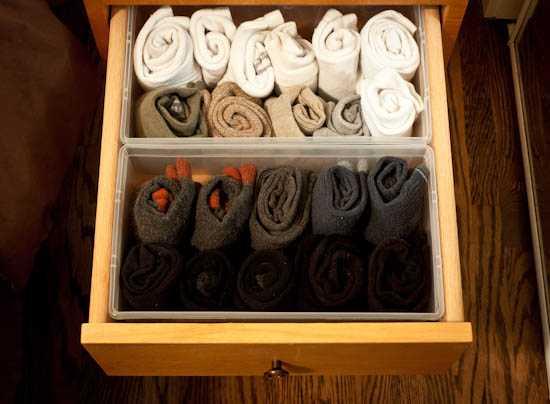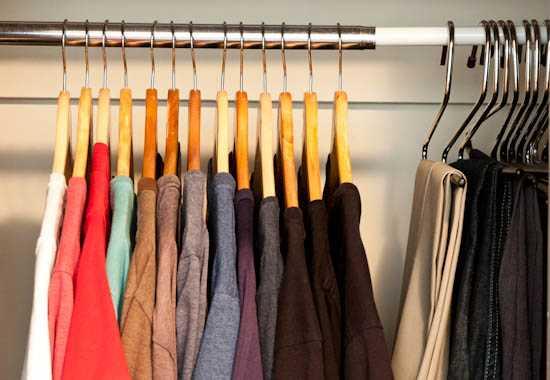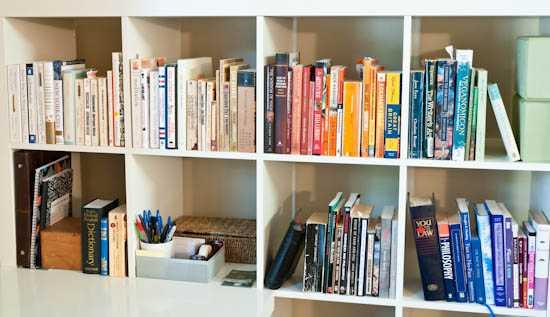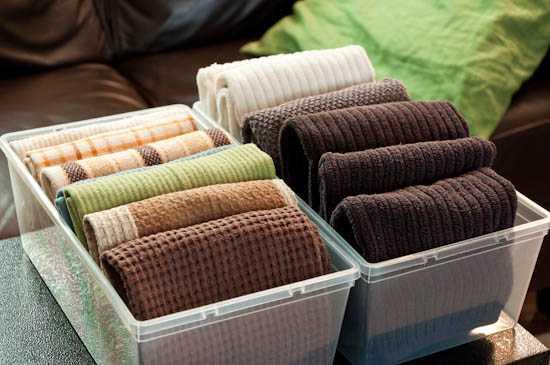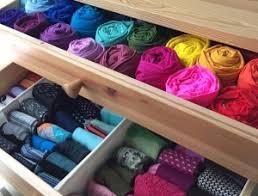Every Thing You Own is a Relationship You're In
Curated from: raptitude.com
Ideas, facts & insights covering these topics:
5 ideas
·6.41K reads
10
Explore the World's Best Ideas
Join today and uncover 100+ curated journeys from 50+ topics. Unlock access to our mobile app with extensive features.
The KonMari process
Summed up, it goes like this: you go through every possession you own, hold it in your hands, and keep it only if it evokes some kind of “joy”.
The theory is that any possession that gives you bad or mixed feelings is too costly to have in your life, if it’s possible to get rid of it.
1.06K
1.65K reads
Every possession is a relationship
So it makes sense to carefully consider what we keep in our homes.
Most of us own lots of things that make us feel bad (unused gifts, clothes we don't like or that don't fit, books we’ll never read, etc). And if it’s normal to have hundreds or thousands of possessions, then we are each, at all times, bearing the weight of hundreds or thousands of these relationships.
791
1.19K reads
Decisions about your identity
Getting rid of stuff can be quite liberating. Much of this process is about deciding who you are and who you’re not going to be.
You can’t move forward when you’re trying to keep a foot in every door.
882
1.29K reads
What you 'need' to keep
You will eventually find a lot of things that you need to keep, despite the fact they bring no joy. To help address this, keep a running list of things you want to replace with a more pleasing version.
645
1K reads
The psychology of owning stuff
Our possessions are more psychological than physical. What a thing is is much less important than what it does to your mind when you own it.
724
1.26K reads
IDEAS CURATED BY
Christopher the Coherent 's ideas are part of this journey:
Learn more about personaldevelopment with this collection
How to beat procrastination
How to enhance your creative thinking
How to create a smooth transition in a new endeavor
Related collections
Similar ideas
2 ideas
Declutter Your Life. Declutter Your Mind. - Darius Foroux
dariusforoux.com
14 ideas
Tiny Changes You Can Make in Your Home to Make Life Simpler
marcandangel.com
Read & Learn
20x Faster
without
deepstash
with
deepstash
with
deepstash
Personalized microlearning
—
100+ Learning Journeys
—
Access to 200,000+ ideas
—
Access to the mobile app
—
Unlimited idea saving
—
—
Unlimited history
—
—
Unlimited listening to ideas
—
—
Downloading & offline access
—
—
Supercharge your mind with one idea per day
Enter your email and spend 1 minute every day to learn something new.
I agree to receive email updates

